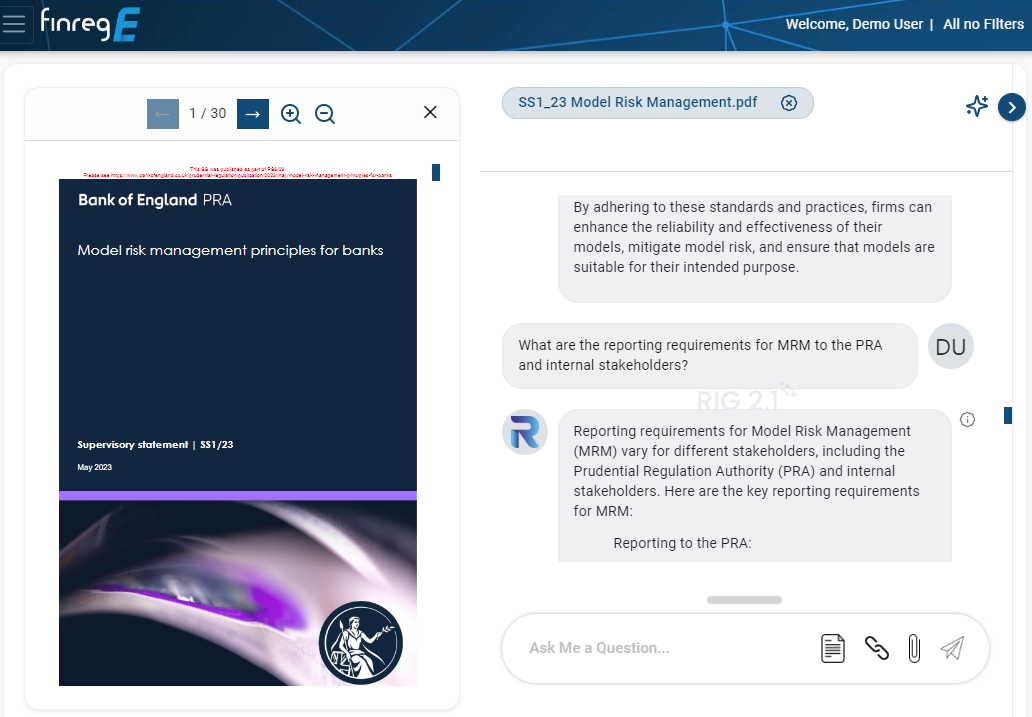Despite the rise of digital payments and online shopping in the UK, studies show that cash is still used by over five million adults and is a preferred payment method for over 21% of the population. Looking to preserve their cash infrastructure for the convenience of millions, the UK government launched a new bill to accomplish this goal: The Financial Services and Markets Bill.
The aim is to retain some of the elements of the EU’s financial regulation protection but customised for the UK’s financial complaince management system. The new law promises to bring significant changes to financial regulation and compliance management for your financial institution. In this blog, we explain how your institution will be affected by the new bill.
What does the new Financial Services and Markets Bill constitute?
Announced on 10th May 2022, during the Queen’s Speech, the new bill aims to build a robust cash infrastructure that can protect consumers by ensuring the continued availability of withdrawal and deposit facilities across the UK.
The Bill accomplishes this through several means, such as the Payment Systems Regulator, which requires banks to reimburse authorised push payment (APP) scam losses to ensure that victims caught up in the scam are not paying for fraud through no fault of their own.
In addition, the Bill seeks to improve cash infrastructure to make it more sustainable for the long run by cutting red tape while also providing support for individuals and businesses.
What is the new bill looking to change?
The Bill brings several regulatory reforms to address different sectors within the financial industry and mobilizes them toward protecting consumers and building a viable cash system.
These reforms will not only be felt by consumers but also by regulators and investors. For example, the bill will reform the rules that regulate capital markets to promote investment. Meanwhile, regulators will change their objectives because they will be updated to focus on growth and international competitiveness. While key regulatory frameworks such as Solvency II will be reformed to meet the needs of financial firms.
Finally, there will also be protections for consumers where they will be allowed to easily access cash, while those who wish to invest will benefit from further mechanisms that can protect them from fraudulent schemes.
What does the new bill mean for financial institutions?
The UK government launched the bill to protect consumers who still use cash for most of their financial transactions. Moreover, the government is looking to build a more agile cost-effective regulatory framework specifically designed for the UK market following the country’s departure from the EU. Hence, the Bill revokes some of the financial regulations from the regional bloc and replaced them with regulations that are catered to the UK market.
Financial institutions need to build in protective measures for regular transactions
While these expansive changes might benefit consumers, it means significant changes for internal operations within your financial institution. The placement of additional protections for financial transactions means you will have to implement more safeguards into basic procedures such as withdrawing cash or making a deposit which must be done to ensure that service is seamless to consumers. This is because there has been a signficant uptick in cybercrime in financial services in UK, with over 42 million people in the UK have had financial data compromised.
With so many consumers at risk of losing their financial data, you will need to offer additional protections for consumers so they are protected from scams, meaning that regular transactions need more safety checks and reassess your reimbursement systems to ensure they meet new compliance requirements. Furthermore, the updates to regulatory frameworks will force your FI to change how they operate, even if they are not directly related to cash-based transactions.
Financial institutions need to adjust their internal operations
Discerning what changes need to be made and the scope of these changes to meet the requirements of the new Bill can be difficult to do with manual methods. However, investing in an automated regulatory compliance platform can help map requirements to your internal operations using AI and NLP.
With the help of an automated compliance management platform, Your regulatory team can make connections between internal operations and external updates. This allows institutions to swiftly understand the scope of changes that need to be made and take appropriate action where needed. For example, they can record commentary on necessary actions and even assign specific tasks to teams to action changes.
These regulatory changes may force organisations to divert more resources towards regulatory spending, which is fast becoming a huge cost. Regulatory spending is already at £28.7 billion annually, and it might rise to £30 billion by 2023.
Furthermore, incorporating new regulatory updates will increase spending; for example, implementing 5AMLD regulation costs complaince teams around £750,000. This means that organisations will need to find a way to reduce compliance costs while still maintaining regulatory requirements.
Meeting the requirements set out in the new bill
With the Financial Services and Markets Bill passed, we can expect massive changes to financial regulation and compliance management—a clear sign that compliance laws keep evolving and institutes need to evolve to ensure they maintain these standards.
Given that financial regulation is constantly evolving, you need to significantly improve compliance management by using automated compliance technology to spot gaps and signs of regulatory violations, and reduce the cost of compliance management. Critically, it is easier to turn compliance into a more agile, responsive process that can evolve with the constantly changing norm of regulatory management.


